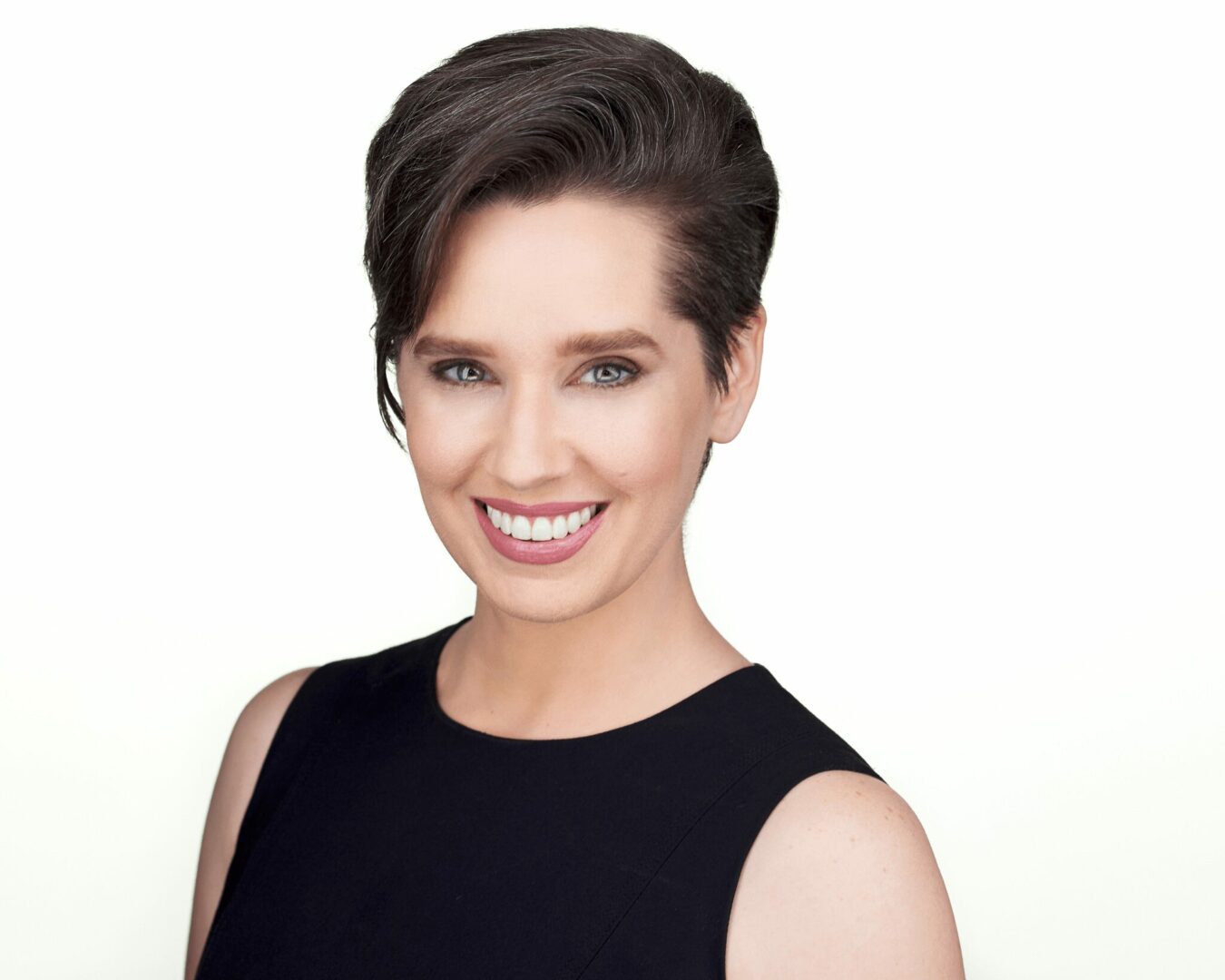We caught up with the brilliant and insightful Sarah Cuddy a few weeks ago and have shared our conversation below.
Sarah, looking forward to learning from your journey. You’ve got an amazing story and before we dive into that, let’s start with an important building block. Where do you get your work ethic from?
Music.
Music has always been a part of my life; my father played a variety of instruments and sang, and we often made music as a family when I was growing up. As I got older and wanted to do more as a musician, I joined my school’s choir program and started entering music competitions with UIL and TMEA.
I’m competitive and I really wanted to be successful, so I committed to attending choir camp every summer, taking private voice lessons every week, showing up to choir rehearsal during school and after school, and practicing for hours on my own. I had some early successes and that really drove me to keep working.
Work ethic is a muscle you build over time and I was lucky to have something I felt passionate about that I could use to build those habits.
That work ethic extends to my practice, naturally, and to horseback riding. I’ve been riding since my early 20s but I didn’t get serious about it until 2017 or so. Now I’m on the horse three days a week, taking lessons, and preparing to compete this fall. Horses are a big part of my life and having the time and sticktoitiveness to become a competent horsewoman has opened up lots of opportunities for me to enjoy lots of exciting horse experiences.
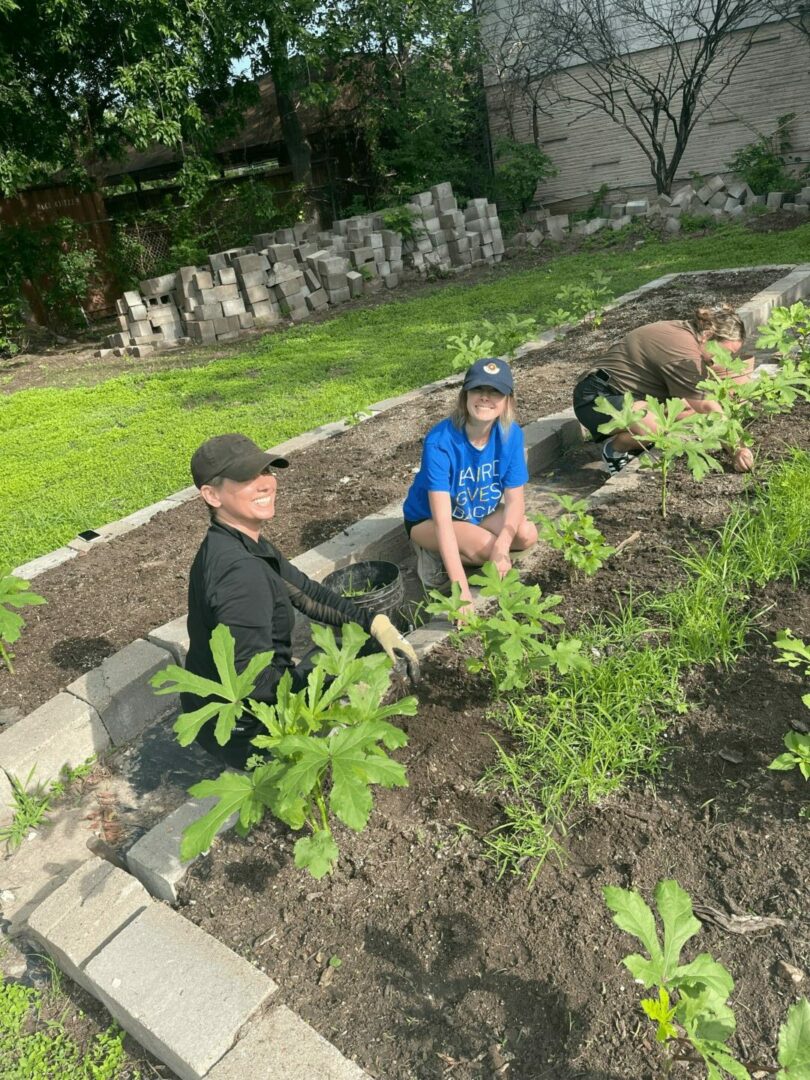
Appreciate the insights and wisdom. Before we dig deeper and ask you about the skills that matter and more, maybe you can tell our readers about yourself?
The title on my business card says “Financial Advisor” which is a term that isn’t well defined in the public imagination. I see lots of people who do lots of different things calling themselves Financial Advisors.
In a nutshell, my job is to help people make sound decisions about money that fit with their personal values and life purpose. The work can be very technical, but I often need to lean on my emotional intelligence. Getting clients to a place where they are successful is both art and science.
One trend that I’m excited about right now is the ongoing movement toward understanding Behavioral Finance and how it affects peoples’ behaviors and outcomes around money. There was a time when people in our industry were laser focused on investments and investing outcomes. In the late 2000s we started to realize that clients needed more from us; they needed Financial Planning.
The next evolution of our business is under way now with a focus not just on investments, and planning, but on coaching clients so they engage in the behaviors that will help them achieve the outcomes they want. To successfully coach a client, you must have a sound understanding of Behavioral Finance.
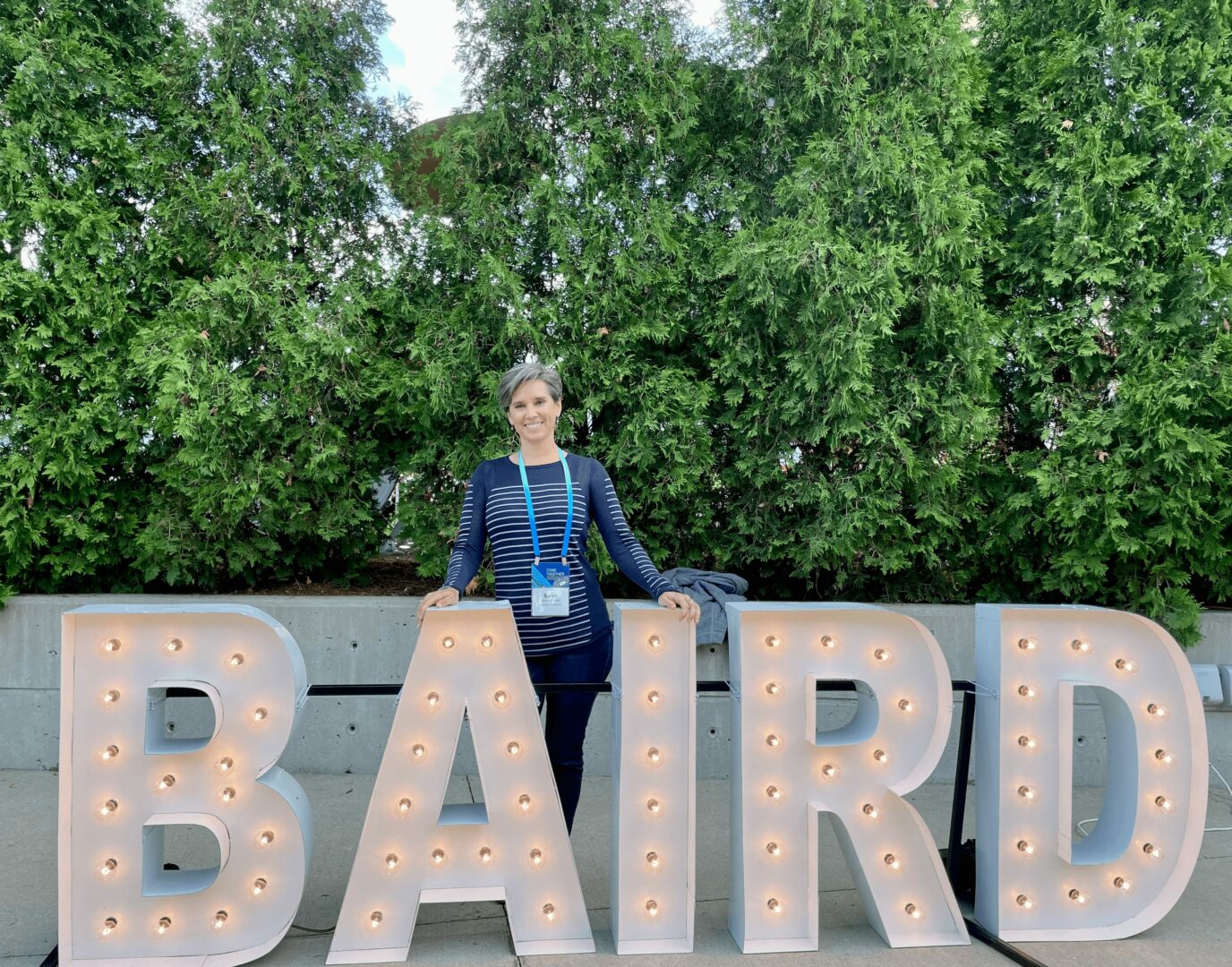
Looking back, what do you think were the three qualities, skills, or areas of knowledge that were most impactful in your journey? What advice do you have for folks who are early in their journey in terms of how they can best develop or improve on these?
In my life, I’ve found that having a willingness to learn, a willingness to change, and a willingness to quit have been important.
Always be willing to learn. Even if you are an expert in your field, there will be new things to learn that make you better at what you do. And, if you are new in your field, a willingness to learn is fundamental to success. Say yes to reading books, say yes to attending professional development sessions, say yes to being mentored. Say yes to continuing education. Say yes to opportunities to learn.
Along with that, you have to be willing to change. That might mean changing your attitude, your point of view, or how you to do things. The only constant is change and all the learning in the world won’t do any good if you aren’t willing to change. Being willing to change means allowing for the idea that you might be wrong about something – which can be painful and takes practice.
Lastly, be willing to quit – which sounds counterintuitive. But there are times when quitting is the best option. I quit music in 2008 to go to business school. I quit the first firm I worked at as a Financial Advisor to move to Baird in 2015. And I quit my marriage in 2017.
If a situation is a bad one, you’ve given it all you’ve got and you can’t thrive, walk away and find a better path. There are no awards for suffering.
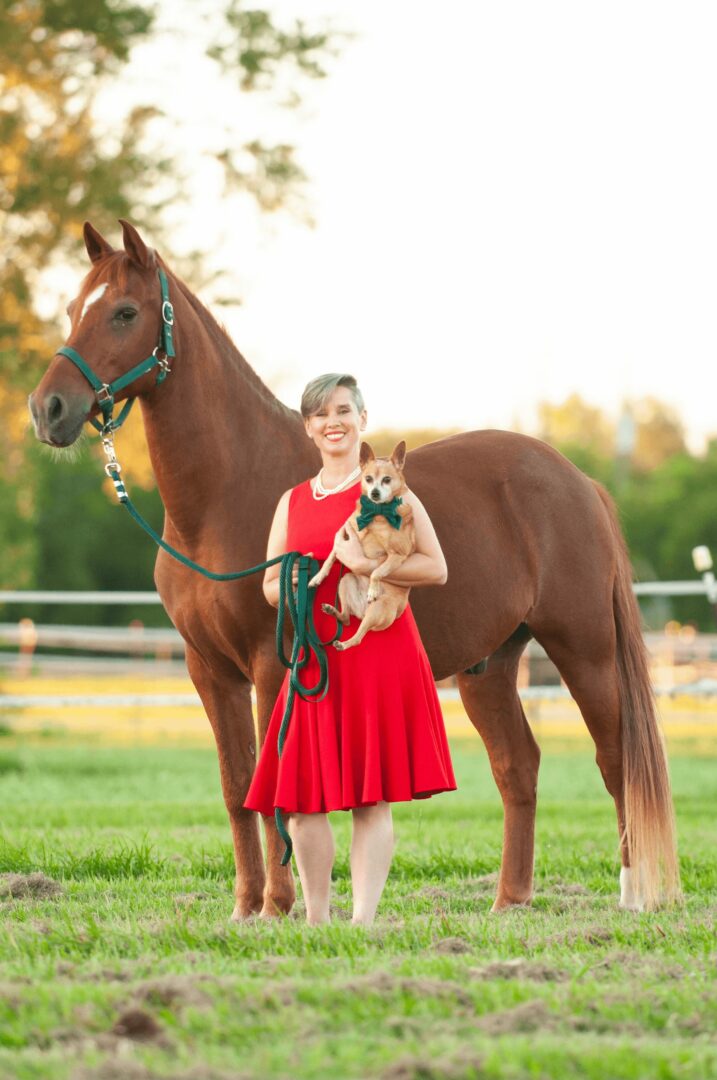
What do you do when you feel overwhelmed? Any advice or strategies?
We live in an overwhelming world, and it is easy to get to a bad place. Part of preventing burn out is resting. We’ve been told by social media influencers that we need to grind, and hustle, and go get that bread; but that isn’t sustainable for most of us. If you are going to grind, you also must rest.
Good rest only happens when you set firm boundaries. For example, I take a two week vacation every year where I am unreachable, don’t check email, and don’t engage with anything work related. I also leave the office at the office. No checking emails, texts, or answering calls after business hours or on the weekend. During the day, I take regular breaks where I lock my laptop and leave my phone at my desk.
And if my personal life is getting overwhelming, I can take a break from that too. That might mean not answering a text message or not picking up an incoming call. It might mean saying no to a party invitation or not being available for an outing.
I spend a lot of my free time at the barn with my dog and the ponies. It’s quiet there and the only thing anyone wants from me is a treat and a scratch. It’s a great place to unplug from the world and let my brain unclench.
Make space for yourself to rest and don’t let anyone encroach on that space. It might feel hard at first but with practice you’ll get the hang of it.
Contact Info:
- Website: https://SarahCuddy.com
- Facebook: https://www.facebook.com/SarahFromBaird
- Linkedin: https://www.linkedin.com/in/sarahcuddy/
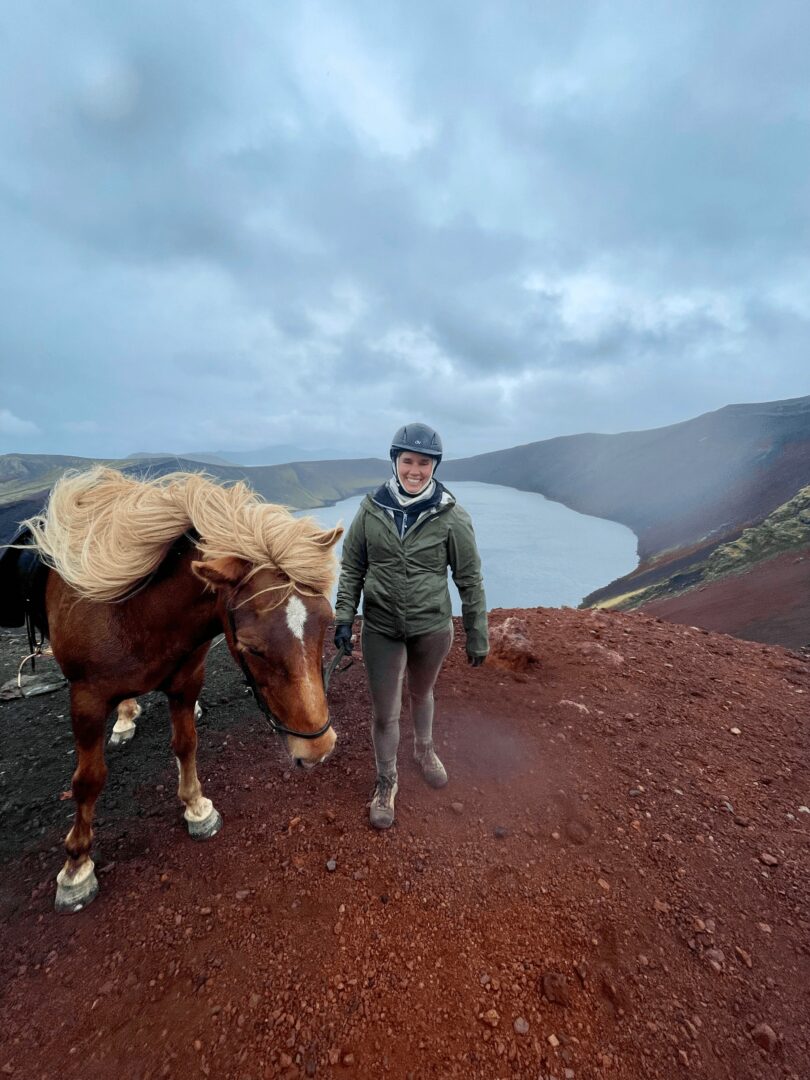
Image Credits
Family Photo (chestnut pony, red dog, woman in red dress) credit to Jacqueline Mask @jacqmaskartist
so if you or someone you know deserves recognition please let us know here.

